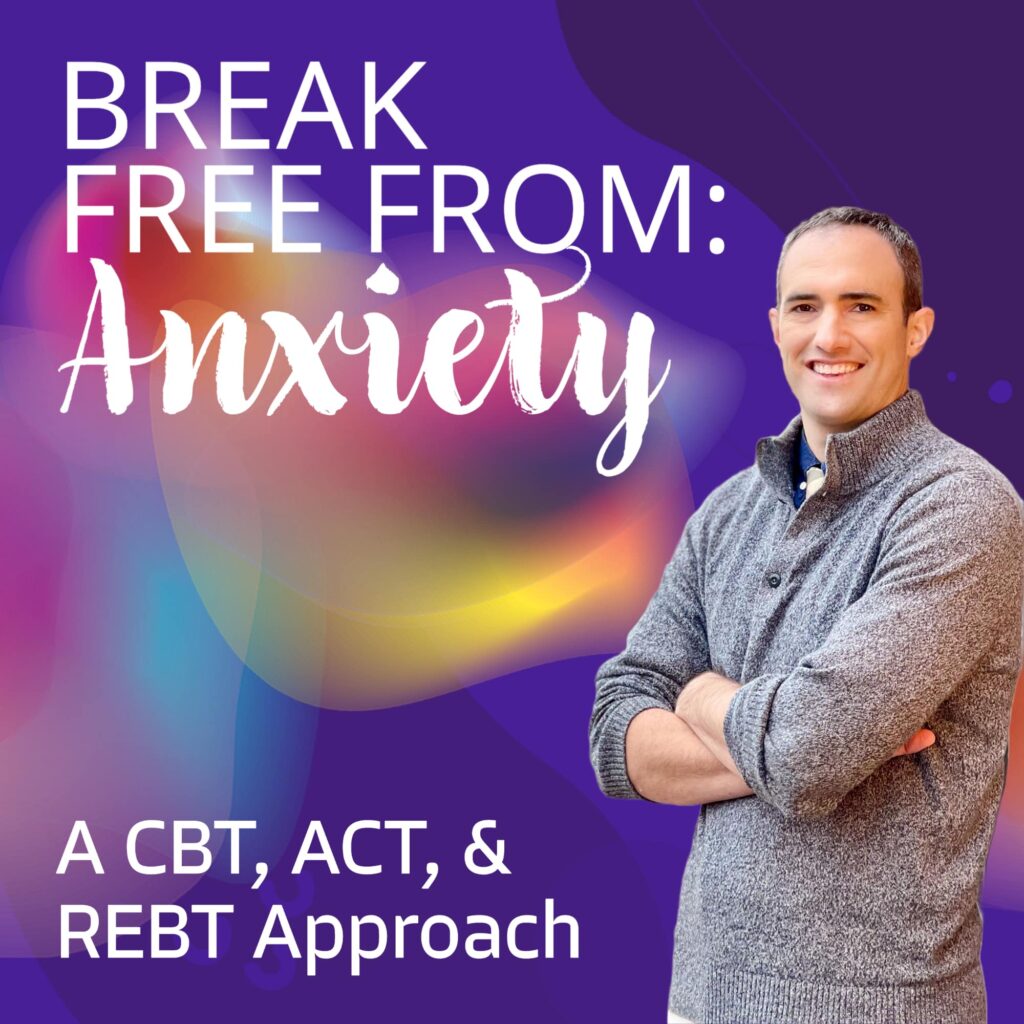is video and article, Dr. Bruce Bassi discusses the lessons learned in private practice and the challenges that arose when reality did not meet expectations.
As a private practice owner, he shares his experiences and insights to help others navigate their own career path in mental health.
KEY TAKEAWAYS
- Starting a cash pay practice is very difficult.
- It’s easy to lose contact with clients.
- Upholding boundaries is crucial to protect relationships.
- Avoid hiring under pressure in your private practice.
[00:00:00] Bruce Bassi: Albert Einstein once said, “Insanity is doing the same thing over and over again and expecting different results.”
As a mental health professional starting your own private practice, it’s important to learn from the experiences of others and adapt to the challenges that come with managing your own business.
1. Cash pay difficulties in private practice
Overcoming cash pay challenges in private practice
[00:00:05] Bruce Bassi: One of the primary lessons learned in my own practice was the difficulty of establishing a cash pay practice.
When I first started, I was somewhat naive, believing that clients would be willing to pay cash for my services.
However, most clients prefer to utilize their insurance, especially if they have a good plan. It is crucial to understand the challenges associated with starting a cash pay practice and be prepared to adapt.
Furthermore, clients who do pay cash may have higher expectations, such as increased access, prompt responses to messages, or specific medications.
While not everyone may admit to these expectations, they are often present subconsciously.
In some cases, clients may lose their insurance due to job changes or other circumstances, and despite having a strong relationship with their mental health professional, they may not continue paying cash for services.
It can be particularly tough to start a cash pay practice outside of metropolitan areas like the Bay Area or New York City.

2. Losing contact with patients
Managing client relationships and communication in private practice
[00:01:11] Bruce Bassi: One of the lessons I learned the hard way during my career path in mental health is that clients can sometimes disappear without any explanation.
They might suddenly cancel appointments or stop responding to communication attempts, leaving the therapist or psychiatrist puzzled about the reason behind their absence.
As a mental health professional, it’s unsettling when a client, with whom you have shared a close bond and exchanged personal information, suddenly ceases communication.
My hypothesis is that some life event or issue has arisen, making the client feel unable to discuss it with you or too embarrassed to share it. In such situations, they may choose a passive approach, avoiding the topic and cutting off communication.
3. Collections agencies and payments
Navigating collections agencies and client payments
The third lesson learned in private practice is that collection agencies are often not as successful in collecting payments as one might hope.
My experience, along with that of my colleagues in therapy and private practice, indicates that collection agencies struggle to recover outstanding balances.
The collections agency we worked with would retain 25% of the collected amount, but when they collect nothing, 75% of nothing is still nothing.
For the benefit of both our practice and our clients, we found it more effective to establish payment plans, allowing clients to avoid the costs and stress associated with collections agencies.
Difficulty in contacting clients who have gone ghost is not unique to therapists; collections agencies face the same challenges in tracking down those who owe payments.
As a business owner, it’s essential to create systems and strategies for managing client payments and communication to minimize these difficulties in your private practice.
4. Upholding boundaries
Maintaining professional boundaries in a group practice
[00:02:51] Bruce Bassi: Lesson number four that I’ve learned in the past year focuses on the importance of upholding boundaries in your practice, whether you’re a therapist or a psychiatrist.
This lesson is particularly relevant when working in a group practice setting where multiple professionals interact with various patients and clients.
The majority of patients and clients are wonderful, making your work rewarding and enjoyable.
However, there’s always a small percentage, perhaps 1% or even 0.1%, who may misinterpret what you say or challenge professional boundaries.
It’s essential to maintain these boundaries consistently to avoid potential issues should a relationship with a patient or client become strained.
Working in a group practice often involves juggling a full-time job, managing personal life commitments, and finding time for self-care during the week.
Amidst these demands, it’s crucial to establish a security blanket of professional boundaries that protect both you and your clients.
In the past year, I’ve seen firsthand the importance of consistently upholding boundaries in my practice.
A boundary crossing or violation can have lasting consequences, particularly if a relationship with a client deteriorates. By maintaining clear, professional boundaries, you safeguard yourself and your practice, ensuring a positive and supportive environment for both you and your clients.

5. Hiring difficulties
Navigating the challenges of hiring in private practice
[00:03:31] Bruce Bassi: The fifth lesson learned in my journey as a mental health professional is navigating the complexities of hiring for my own practice.
The saying in private practice, “if it’s not a hell yes, then it’s a hell no,” emphasizes the importance of selecting team members who will work well with you and your existing staff, contributing positively to the office environment.
Finding the right fit for your practice can be a challenge, especially when juggling multiple jobs, administrative tasks, and the responsibility of managing office space.
There have been times when my biggest headaches came from employee issues rather than patient concerns. This has taught me the importance of creating systems to support a careful hiring process.
When hiring, it’s crucial to avoid making decisions under pressure, as this can lead to choosing the wrong candidate.
Taking a slow and deliberate approach, relying on word-of-mouth references, and conducting thorough background checks can help ensure you’re bringing on the right people.
By checking references from previous supervisors, you can gain insights into a candidate’s suitability for the role.
Starting a private practice involves a learning curve, as you adapt to new clients, establish yourself as a business owner, and create a sense of security for both your practice and your clients.
I hope my experiences and lessons learned in overcoming various difficulties can be helpful to you as you venture into your own practice.
I’m Dr. Bassi, an addiction psychiatrist in outpatient private practice. If you’re interested in more educational videos on private practice, please subscribe, hit the notification bell for future videos, and give me a thumbs up. Thanks for watching, and I’ll see you in the next one.
Leave a comment down below and let me know what you think is the most common mistake in starting a private practice.
What types of mistakes do you think you’ll make when starting your practice, and what steps will you take to try to avoid those?










